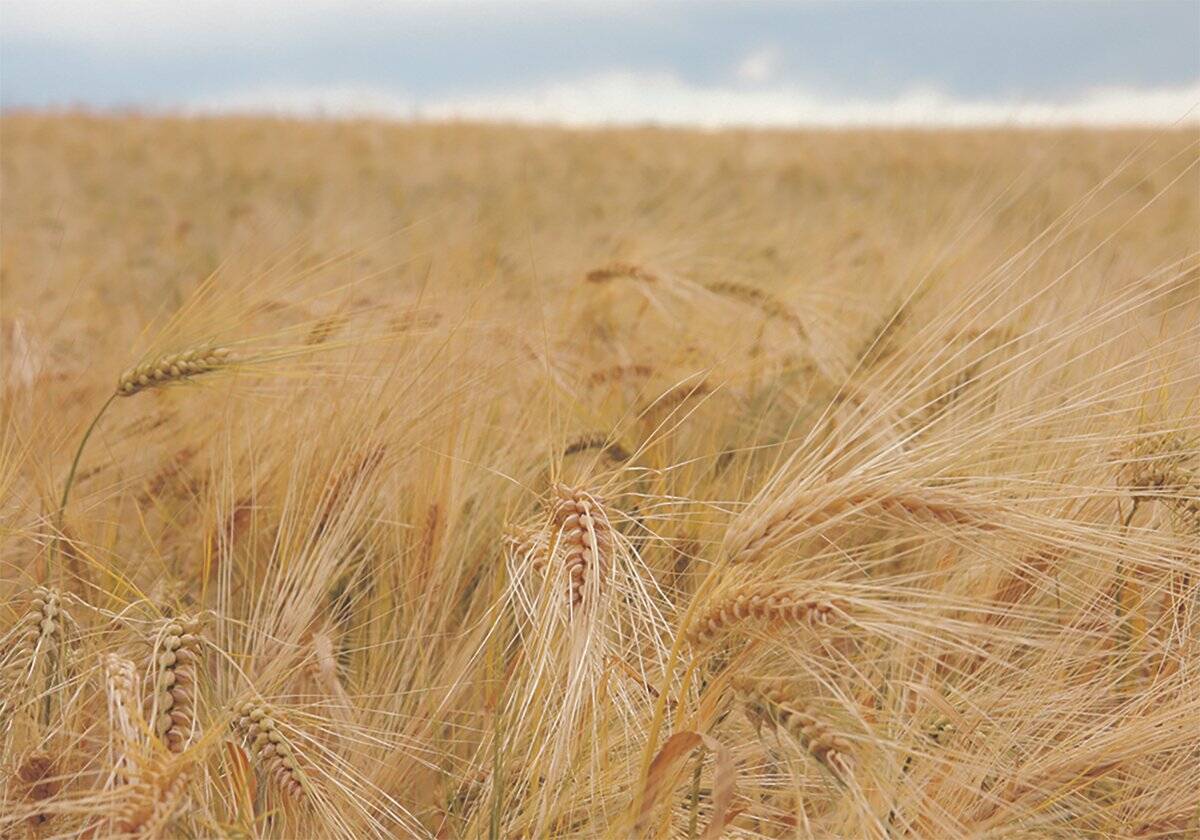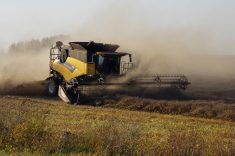(Resource News International) — Many pundits had predicted Western Canada would see a significant amount of winter wheat planted this fall, but with wet conditions that delayed both crop maturity and harvest, winter wheat acres now look to be low.
Jake Davidson, executive manager of Winter Cereals Canada at Minnedosa, Man., said there will be a lot of winter wheat that didn’t get seeded.
“A lot of guys are just finishing harvesting their crop now, and the winter wheat crop insurance deadline was Sept. 15,” Davidson said.
Read Also

Feed Grain Weekly: Barley still the king of Canadian feed grains
Brandon Motz of CorNine Commodities in Lacombe, Alta. said barley is still the preferred feed grain of choice here and abroad.
Davidson said he wouldn’t advise producers to seed winter wheat this fall if they haven’t already done so, but said some farmers still would be seeding.
“Some guys will seed it come hell or high water, because crop insurance will cover them,” he said. “But I’m not going to tell someone to go seed winter wheat on the fifth of October, because there is some significant risk there. I think the window has probably passed.”
Producers aren’t the only ones upset by the wet conditions across the Prairies. Plenty of businesses had sold winter wheat seed, but had cancellations because producers weren’t able to plant it.
“A lot of guys in the seed business thought they had thousands and thousands of bushels of seed sold, and the fact was the producers had to cancel the orders because they couldn’t get on the land.”
Above-average temperatures across the Prairies have provided the winter wheat that’s already seeded with some very favourable growing conditions.
However, the weather will continue to play a key part in the development of the crop this autumn.
“The big trick is going to be if it cools off slowly. If we just go ‘bang’ and get really cold really quickly, we won’t be able to get the fertilization that we need,” Davidson said.
Davidson said he hoped the shortage of acres would translate to a boost in the market, but added that wouldn’t necessarily be the case.
Crops yet to come from the U.S., Argentina and Russia, for example, “will fill the world with wheat,” he said. “So we will have to wait and see.”














